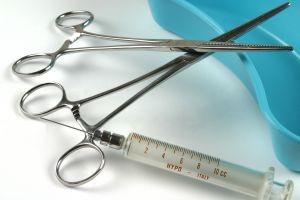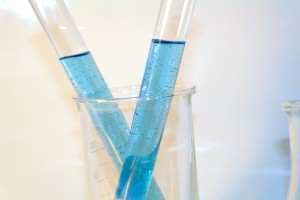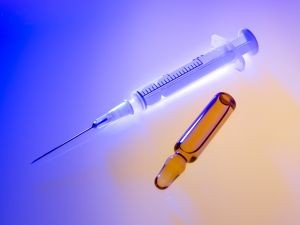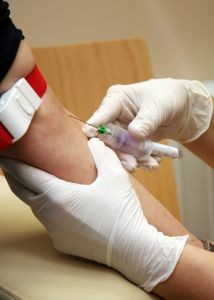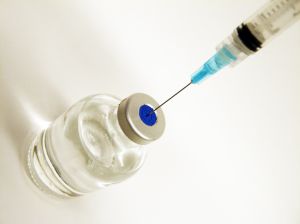There are so many advertisements for low testosterone treatment with hormone therapy that it is almost impossible watch a football game on Sunday without hearing a soothing voice tell you how you can get rid of the normal signs of the male aging process by going to a so-called low T clinic.
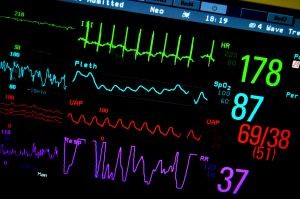 You may be wondering why they are telling all men in and around their middle ages to get to one of these low T clinics instead of making an appointment with their primary care physician. There is a very good reason. The medical community is not convinced that testosterone therapy does anything for the majority of men who are taking the hormone. The United States Food and Drug Administration (FDA) first approved testosterone therapy in the early 1970s to treat a medical condition known as hypogonadism. This is a very rare disease that involves an extremely low production of testosterone. Continue reading
You may be wondering why they are telling all men in and around their middle ages to get to one of these low T clinics instead of making an appointment with their primary care physician. There is a very good reason. The medical community is not convinced that testosterone therapy does anything for the majority of men who are taking the hormone. The United States Food and Drug Administration (FDA) first approved testosterone therapy in the early 1970s to treat a medical condition known as hypogonadism. This is a very rare disease that involves an extremely low production of testosterone. Continue reading
 Product Liability Lawyer Blog
Product Liability Lawyer Blog


